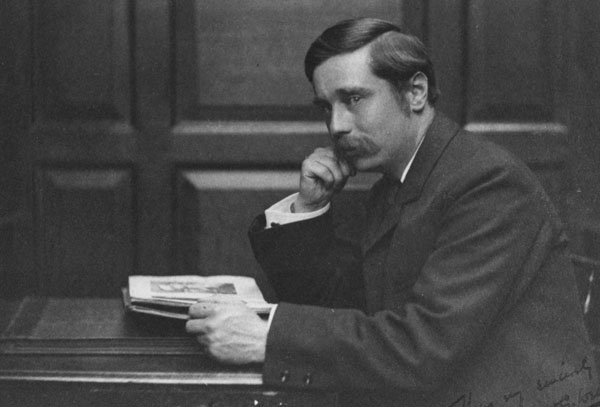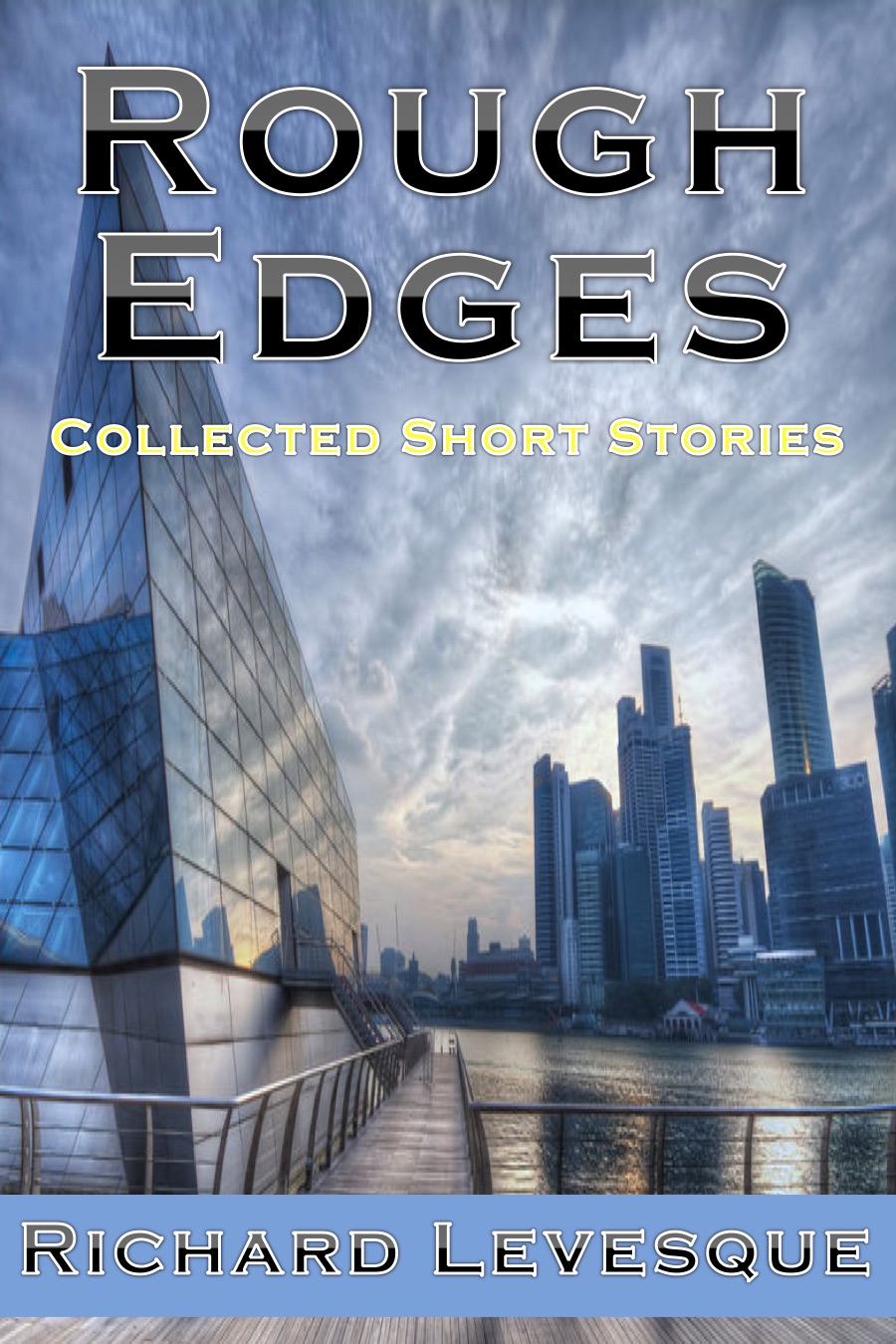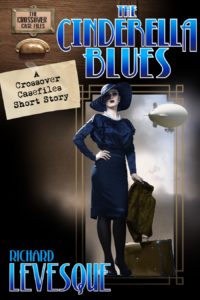Time Travel–Fantasy or Science Fiction?
Back when I had a literary agent sending my work out to major publishers, we ran into a little problem–editors at the major publishing houses didn’t know how to categorize my books, especially Take Back Tomorrow. It’s science fiction, a time travel novel set in 1940 Los Angeles. But it’s also a mystery, as the protagonist has to figure out the secret that an older, somewhat mysterious character has been harboring. It doesn’t take him long to figure out that the secret involves traveling through time, but then the mystery deepens as the protagonist has to figure out what to do with the information he’s uncovered and how he can use it to save his own skin once he realizes the first time traveler has gotten him into some pretty serious trouble through his shenanigans.
So it is science fiction or mystery? A recent review wondered the same thing. Granted, the explanation for time travel in the book is based on things other than science, but then you could say the same thing about most time travel stories. H.G. Wells had his Time Traveler go into a discussion of time as the fourth dimension and theories about moving through that dimension as easily as we move through other dimensions, but as to the workings of his time machine…not very specific. Other writers have taken various stabs at it, some more science-based than others. In Connie Willis’ Doomsday Book and To Say Nothing of the Dog, both excellent time travel books, there is simply reference to the “net” that enables time travel and not much more explanation (if she’s gone into more explanation in her later books in the series, forgive me; I haven’t read them yet). And those plots work because of the authors’ ability to get readers to suspend their disbelief. The characters are strong enough and their dilemmas complex enough to get us to look beyond the questionable science.
But are these books science fiction? I’ve often thought that most time travel plots are more fantasy than science fiction since there’s not much real-world science to support the idea that time travel is possible. And if time travel is questionable, then what about alternate histories? They’re a great source of What If? stories, but are they truly science fiction? It depends on how you define the genre. Must science be integral to the plot? Or is it better defined as the “literarture of change” as James Gunn and the Center for Science Fiction Studies has argued? These sorts of questions have led many to argue that we’re dealing with speculative fiction rather than science fiction.
I take the position that time travel novels and alternate histories are, in fact, science fiction simply because of the possibilities suggested by quantum physics and theories of multiple universes branching off of each other. This is something I tried addressing in Take Back Tomorrow, but phrased in the characters’ 1940 way of thinking.
I think I pulled it off successfully without getting bogged down in time travel paradoxes that seem to turn a lot of readers off. Most readers who talked to me about it have agreed, but I’m curious to hear from others. I’d welcome your thoughts, on the book if you’ve read it, or on the overall subject of time travel in science fiction.
Alternate History Center for Science Fiction Studies Connie Willis H.G. Wells James Gunn Mystery science fiction novel Science Ficton Speculative Fiction Take Back Tomorrow The Doomsday Book time travel To Say Nothing of the Dog








3 Responses
I don’t think of “The Time Traveler’s Wife” as science fiction, and I don’t even remember an explanation for the time traveling in the novel (though Wilkipedia says it was due to some sort of “genetic disorder”). I guess I think of it more as “fantastic realism” or something. Same with Julio Cortazar’s “The Night, Face Up”, which was sort of about time travel (albeit in a dream). So it’s possible to write about time travel without it being sci-fi.
I also don’t have any special problem with science fiction/detective as a genre, or fantasy/detective, but then again I’m not a book publisher or a bookstore owner who has to worry about shelving and categorizing my inventory. As a reader, I enjoy the combination.
I actually like the term “Speculative Fiction”. Good sci-fi is also good speculative fiction, but there are other ways to speculate, as well.
From my perspective, the primary goal of genre labels is to direct consumers to books that fall roughly into categories they like. So, if I were an author, I’d choose the biggest, most diverse category I could find that would catch the most readers. I’m not familiar enough with contemporary science fiction/fantasy/speculative fiction to say what genre Take Back Tomorrow falls into, but as a newbie reader of these types of books, I am most drawn to the science fiction label and the least drawn to speculative fiction. So, I would say your book is “science fiction+” (the plus indicating that it’s not a neat fit and may appeal to a broader audience) and then let the blurb explain the rest. I don’t like the term “speculative fiction” because it’s too abstract and should stand for “speculating as to what the label means!” Authors and avid readers know what it means, but your run-of-the-mill reader probably doesn’t and might be less likely to buy a book with that label.
[…] posted earlier on some of the differences between fantastic time travel and science fictional time travel. […]
Comments are closed.